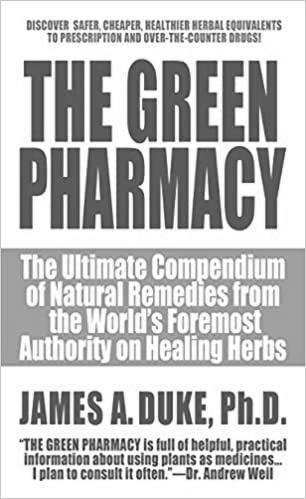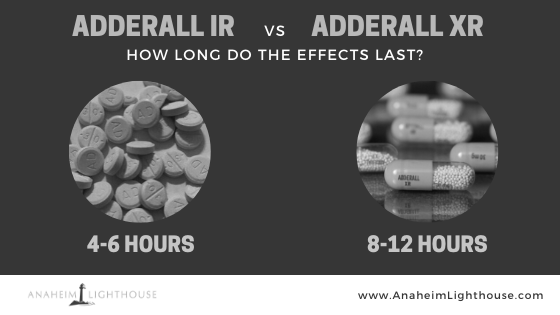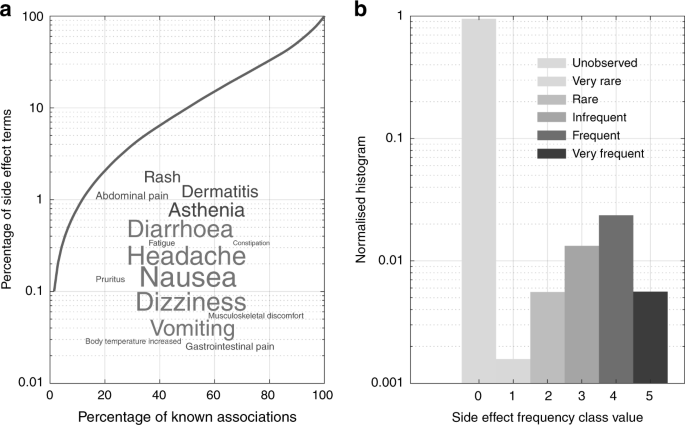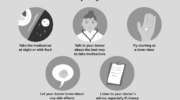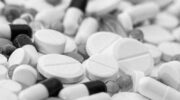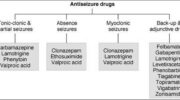Whether you are considering taking a prescription herbal medicine or an herbal medicine over the counter, you should consider the potential side effects of each. Unlike prescription drugs, herbal medicine does not have FDA approval. However, the MHRA (Medicine and Healthcare Regulatory Agency) collects information on side effects from herbal medicines.
Regulatory policies on herbal medicines need to be standardized and strengthened
The Regulatory Policies on Herbal Medicines (THMPD) have been in place in the European Union since 2011. They aim to protect public health and secure the free movement of herbal products in the EU. The new THMPD outlines the requirements for producing and marketing herbal medicines. This will require manufacturers to disclose more information about their products, including ingredients, safety monitoring, and pharmacovigilance.
Regulatory policies on herbal medicines need to be strengthened and standardized in all countries. In many countries, herbal medicines are introduced into the market without mandatory safety and toxicological evaluation. In addition, many countries lack the proper machinery to ensure that herbal medicines are produced to the required standards. This situation means that consumers cannot be assured of the safety of herbal products.
Regulatory policies on herbal medicines need to be strengthened and standardized to ensure quality and safety. A comprehensive quality dossier is required for all herbal medicinal products. While the HMPC has a list of standards for herbal medicines, it is important to remember that herbal monographs are not the same as European Pharmacopoia monographs, which cover a wide range of substances. Scientific guidelines are also published by the HMPC and address general quality issues.
In addition to being regulated by the WHO, countries should ensure that herbal medicines meet the same standards as other medicines sold in their countries. There are many positive aspects to herbal medicines. Their marketing strategies and sales representatives increase consumer awareness and credibility, and they are often carefully presented for varying age groups.
While the global use of herbal medicinal products is increasing, their safety remains a key concern. As the use of these products continues to increase, regulatory authorities must take appropriate measures to protect public health. The review highlights some of the major safety concerns and the challenges in monitoring the safety of herbal products.
Herbal medicines are a rapidly expanding industry, representing about 40% of all healthcare services in China, 73% in Canada, and 42% in the USA. In the European Union, herbal medicines now account for more than half of all healthcare services. In France, herbal medicines represent 75% of healthcare services. However, there are concerns about the quality of these medicines.
MHRA collects information on side effects
The MHRA is responsible for collecting information about side effects of medicines and medical devices in the UK. The organisation has an app called the Yellow Card Scheme which allows people to report suspected side effects of a medication. These reports are then sent to the MHRA, a regulatory body responsible for making sure that medicines and medical devices are safe and effective. Although most side effects are minor, some are severe and life-threatening, and some may not be apparent for a long time. Therefore, reporting suspected side effects of a medicine or device is vital for your health.
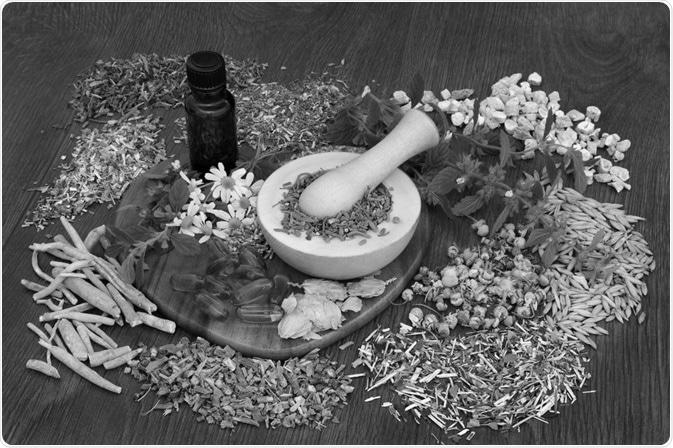
The emc is a database that contains up-to-date information on all licensed medicines in the UK. There are more than 14,000 documents in the database. All of these documents are approved by the relevant UK or European government agencies. These websites are designed to give consumers access to the latest information about medicines in the UK.
Adverse reactions can occur with a wide range of products. These include prescription drugs, non-prescription medicines and herbal preparations. The MHRA collects information about suspected adverse reactions from patients and healthcare professionals. If a product is suspected to have an adverse effect, a black triangle appears on the packaging or label. However, it does not mean that the medicine is unsafe. If you believe that you or a loved one has suffered an adverse reaction from a medication, you should contact the European Medicines Agency (EMA) or the MHRA immediately.
If a causal relationship can be determined, the MHRA can take steps to minimise the potential harm. In some cases, the marketing authorisation can be withdrawn or the SPC modified to take into account the identified effect. In some cases, the MHRA will request studies from the marketing authorisation company.
It is vital for patients to receive accurate and up-to-date information on the medicines they take. This information includes information about side effects of a medicine, how it works and how it can be used safely. Ideally, a patient will receive both a written leaflet and verbal information when taking a medicine.
Herbal medicines are classified as drugs
The use of herbal medicines has been increasingly accepted worldwide, but there are concerns about their safety. Although these medicinal products are often free of adverse side effects, there is little evidence that they are completely safe. This makes it important for regulatory authorities to systematically monitor herbal medicines and to enforce quality standards.
Pharmacology is much safer than herbal medicine, which can contain potentially toxic compounds. Because of this, herbal medicines should not be taken as a substitute for conventional medical treatment. They may also interact with other medications, including prescriptions and over-the-counter medicines. This may increase the risk of negative side effects, which is why you should only use them under the supervision of a qualified practitioner.
The World Health Organization estimates that 80% of the population around the world uses herbal medicines as their primary health care. In Germany alone, there are 600 to 700 plant-based medicines available. About 70% of physicians prescribe plant-based medicines. Herbal medicines have also gained popularity in the United States, as the high cost of pharmaceuticals has led many people to choose natural remedies.
While larger drug companies are reluctant to invest in research into herbal remedies, small to medium-scale studies have shown promising results. Large-scale randomized controlled trials have begun at the U.S. National Institute of Health. The results of these studies will help determine whether or not natural herbal medicine is safe.
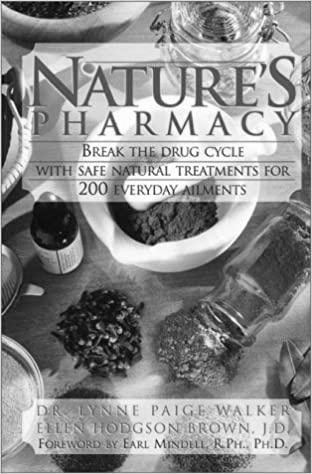
Herbal medicines have a long history of use. In fact, humans have been using plants for medicinal purposes since the beginning of civilization. The first documented physician was the Egyptian Imhotep in the third millennium BCE, and there are traces of herbal medicine in cave paintings dating back to 13,000 to 15,000 BCE.
However, herbal medicine is not without its risks. It is important to seek advice from qualified health practitioners before using any herb. It is also important to choose certified brands of herbal medicine and tell your health provider if you have any concerns.
They are not regulated by the US Food and Drug Administration
Many herbal products formulated to treat more serious ailments fall through the cracks of the regulatory process. They cannot make therapeutic claims unless they are registered as medicinal drugs and undergo a lengthy process, including three phases of clinical trials, to prove efficacy. However, even those that are registered as medicinal drugs are not allowed to make claims that their products can prevent or cure disease.
The U.S. Food and Drug Administration regulates dietary supplements, including herbal supplements. They must meet certain standards of purity, labeling, and safety. Companies must also prove the effectiveness of their products by conducting research. If the manufacturer makes false claims, they could be fined.
However, some botanical products may be regulated as drugs, dietary supplements, and cosmetics. The Act applies to all four categories. Therefore, it is important to find out whether the product is approved for use in the United States by the FDA.
Herbal health products are a multibillion dollar industry. These products are composed of one or more botanicals and can have powerful effects on the body. Unlike pharmaceuticals, herbal products do not have to pass FDA scrutiny. Herbal health supplements are widely available and may be highly effective. Some common herbal health supplements include black cohosh, garlic, ginkgo biloba, saw palmetto, and St. John’s Wort.
If you’re considering taking this medication to lose weight, you need to know about the potential side effects. Tenuate may cause serious side effects and should only be taken under the supervision of a doctor. It can also interact with other drugs and should not be used while driving or operating machinery. If you have any questions or concerns about Tenuate, contact your doctor or pharmacist.
Common side effects
Tenuate can cause a number of common side effects, including dry mouth, tremor, and restlessness. It may also make it difficult to sleep and cause nausea. If you experience any of these symptoms, talk to your healthcare provider immediately. It may also affect your ability to control your blood sugar and mood. Because of these risks, this drug is not recommended for everyone.
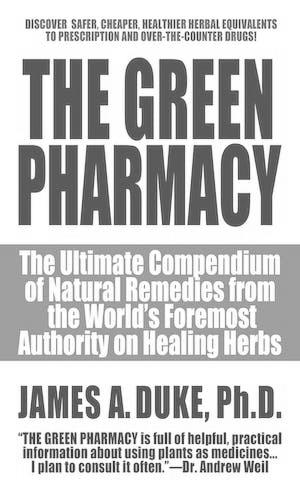
It should also be noted that Tenuate is not a weight loss drug and is not intended to be a stand-alone treatment for obesity. It must be used in conjunction with proper diet and exercise in order to achieve desired results. It is also important to consult with your physician if you have any concerns about its use.
Tenuate is only available on prescription from a licensed doctor. Although it may be effective at helping obese people lose weight, it comes with several risks. Some of these risks include addiction and chemical dependency. This medication may interact with other medications and should be taken only with the supervision of a doctor.
Tenuate should be taken on a regular schedule and not be taken more often than directed. It should be taken at least one hour before a meal. If you miss a dose, do not take it twice. You may want to take it in the afternoon. Do not take more than the recommended dosage if you are pregnant or breastfeeding.
Although Tenuate is highly effective for weight loss, it can also have unpleasant side effects. Because it is a prescription drug, it is important to follow instructions carefully to avoid any unwanted side effects. Also, Tenuate should not be used along with other weight loss medications. So, it is essential to discuss your diet with your doctor before using any type of diet pill.
Tenuate can cause an allergic reaction in some people. Some patients may experience skin rash, itching, and difficulty breathing. They may also experience restlessness or signs of insomnia.
Interactions with other drugs
Tenuate is a prescription medicine that is used to treat Obesity. It is used alone or in combination with other drugs to control appetite, reduce food intake, and reduce body fat. Tenuate belongs to a class of drugs known as CNS stimulants, or anorexiants. It is not recommended for use by children under 16 years of age, and it can have serious side effects.
Tenuate may cause side effects like dry mouth, restlessness, tremor, and trouble sleeping. It may also cause low mood and nausea. People with MAOI medications, phenothiazines, and other drugs should seek medical attention before taking this medication. Tenuate may also interact with other drugs such as an antihypertensive or antidepressant.
Contraindications
Tenuate is a drug that is similar to amphetamine. It works by suppressing appetite and is usually used along with diet and exercise to treat obesity. This medication is contraindicated for certain people with pulmonary hypertension and severe coronary artery disease. The drug is also not recommended for use in agitated or hyperactive individuals.
Do not drive or operate machinery while on Tenuate
If you are taking Tenuate, be aware that it can impair your alertness. Therefore, it is not a good idea to drive or operate machinery while you are taking this medicine. If you do need to drive or operate machinery, do so after consulting your physician. You should also avoid alcohol while you are taking this medicine.
